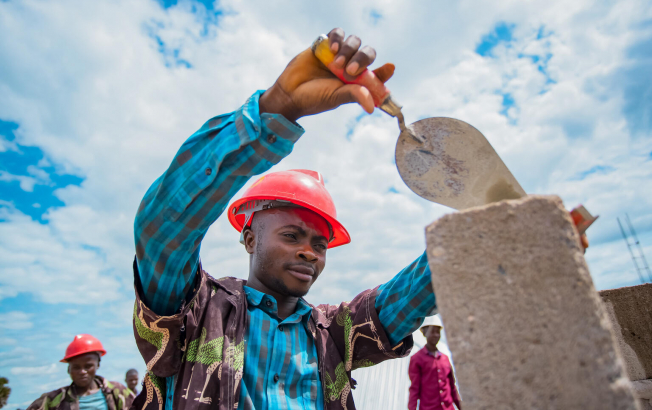By Patrick Ofoe Nudzi
Accra, Nov. 3, GNA – Ghanaian youth will need human capital investments to leverage opportunities, UNESCO has said.
It said the youth population in Ghana kept growing as the 2021 Population and Housing Census indicated 38 per cent of Ghana’s population was youth.
A statement issued in Accra jointly by Mr Dimitri Sanga, Director, UNESCO Regional Office for West Africa and Quentin Wodon, Director, UNESCO International Institute for Capacity Building in Africa (UNESCO IICBA).
It said too many youths entered adulthood currently without sufficient investments in their human capital.
The statement was issued in commemoration of the Africa Youth Day.
“To improve opportunities for youths, investments are clearly needed. Is there popular support for such investments, and if so, what should be the priorities for investments,” it said.
The statement said the World Bank’s Human Capital Index was based on six variables that talked about children’s development, progress, education and health towards productivity.
It said the “expected productivity in adulthood of a child is estimated in comparison to full productivity that could be expected with full education and health.”
“The estimate is that a child born in Ghana today will reach only 44 percent of its potential, which is very low,” it added.
Statistics from the United Nations indicate that by 2050, a fourth of the world’s population could live in Africa and the challenges brought about by Africa’s youth bulge are immense, likewise the opportunities.

It said analysis of Afrobarometer surveys released recently by the UNESCO International Institute for Capacity Building in Africa (UNESCO IICBA) was on supporting higher government taxation to invest in youth.
In Ghana, over half of respondents stated they would indeed support higher taxation for investments in youth with priority areas being job creation, education, job training, business loans, social services (health, drugs). A category of the respondent also said otherwise.

The statement called for improvements in basic services and other sectors to ensure that youth had the opportunities they needed and deserved.
GNA